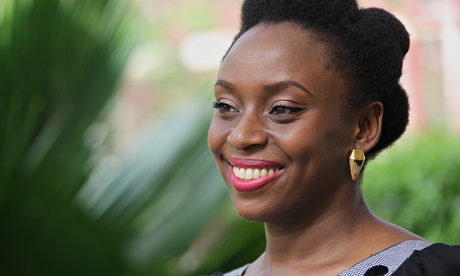Two years ago, when Shelter was nominated for a BC Book Prize, I had the good fortune to make a tour of several communities in the Peace River region of BC: Dawson Creek, Fort St. John, Fort Nelson and Hudson's Hope. Near Hudson's Hope, when we stood and looked out over the Peace River, we were told that where we stood would be permanently under water, a drowned valley, if the Site C dam was approved. Site C would add a third dam to the Peace River, at a time when large dams are being reassessed and dismantled on thousands of US rivers.
As we drove through the aptly named Peace River valley, we saw stakes hammered into farmers' fields, meadows and mountainsides, marking the flood levels that would result from a dammed river. I knew what the arguments would be in favour of the dam. It's always the same refrain. To borrow a phrase from Unikitty, in the Lego movie, it's "business, business, business, numbers," or more specifically, "the economy, the economy, jobs." But as David Suzuki argues, "what good are a growing economy and increasing consumption—and their environmental and social consequences—when people are not healthy and happy and when we destroy the things that keep us alive and well?"
 After Unikitty's business performance, she whispers: "Is it working?" and she's assured that it is. I can't help but feel the proponents of this dam are whispering the same thing. It's all they have in the face of evidence that this dam is a bad, outdated idea.
After Unikitty's business performance, she whispers: "Is it working?" and she's assured that it is. I can't help but feel the proponents of this dam are whispering the same thing. It's all they have in the face of evidence that this dam is a bad, outdated idea.
As we drove through the aptly named Peace River valley, we saw stakes hammered into farmers' fields, meadows and mountainsides, marking the flood levels that would result from a dammed river. I knew what the arguments would be in favour of the dam. It's always the same refrain. To borrow a phrase from Unikitty, in the Lego movie, it's "business, business, business, numbers," or more specifically, "the economy, the economy, jobs." But as David Suzuki argues, "what good are a growing economy and increasing consumption—and their environmental and social consequences—when people are not healthy and happy and when we destroy the things that keep us alive and well?"
 After Unikitty's business performance, she whispers: "Is it working?" and she's assured that it is. I can't help but feel the proponents of this dam are whispering the same thing. It's all they have in the face of evidence that this dam is a bad, outdated idea.
After Unikitty's business performance, she whispers: "Is it working?" and she's assured that it is. I can't help but feel the proponents of this dam are whispering the same thing. It's all they have in the face of evidence that this dam is a bad, outdated idea. |
| Ken and Arlene Boon on their Peace River farm. |



